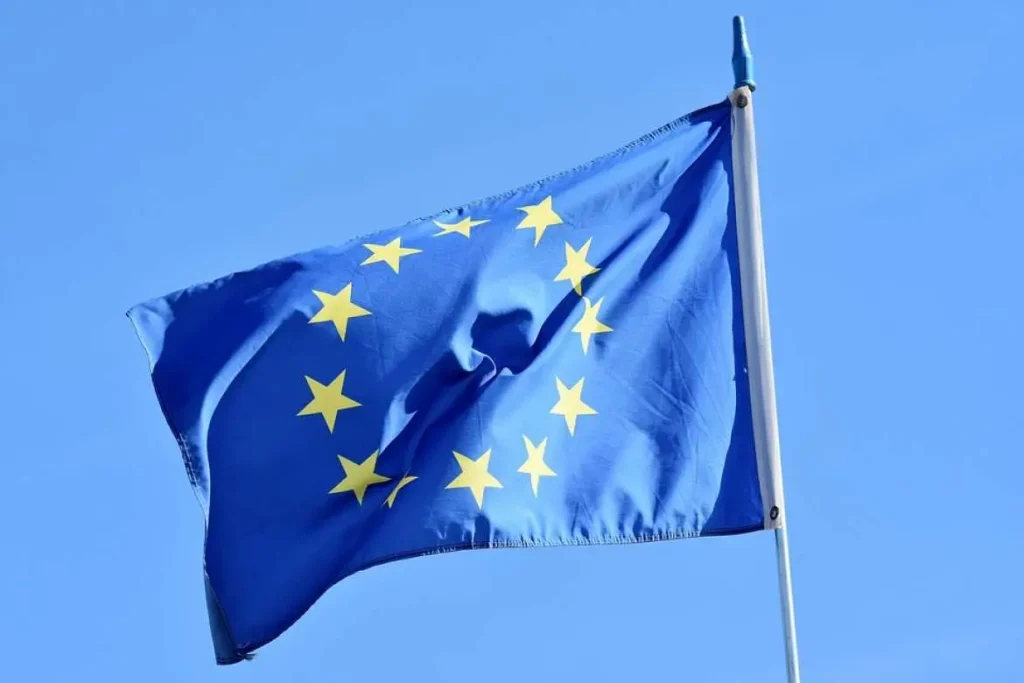The Conference on the Future of Europe, a series of public debates, is an attempt by the European Commission, the Council of the EU and the European Parliament to deal with euro-skepticism in many member states, such as Poland and the United Kingdom, and to show citizens of the 27 member states that their opinion matters, too.
The debates enable EU citizens to present their ideas and proposals for the EU’s reform and future policies.
The EC has promised to take those ideas into account when creating future policies.
EU citizens have so far shown most interest in the topic of European democracy on the online platform while Croatians have shown most interest in the topic “EU in the world”, which covers the EU’s attitude towards countries like Russia and China, enlargement, or the potential establishment of a common army.
The topics that follow, at the EU level and in Croatia, are climate change and environmental protection, and a stronger economy and social justice.
Around 70% of EU citizens said in August that they are not satisfied with the way the EU currently functions, a survey by the Ipsos market research agency shows.
By Tuesday, EU citizens have presented 27,000 ideas and comments on the EU’s digital platform.
European Commissioner for Democracy and Demography Dubravka Šuica of Croatia said last Friday that Croatians did not participate sufficiently in online debates.
In the period from April to September the largest number of contributions on the platform (comments, ideas, events) came from Germany (4,451), France (2,482), and Belgium (1,501). However, the number of contributions per million inhabitants shows that citizens of Malta are in the lead (173 per million), followed by citizens of Luxembourg (138 per million), and Belgium (131 per million).
Croatians made 151 contributions in the said period, or 37 contributions per million inhabitants, the same as the French and Irish. The least contributions came from Romania and Greece (12) and Poland (10).










